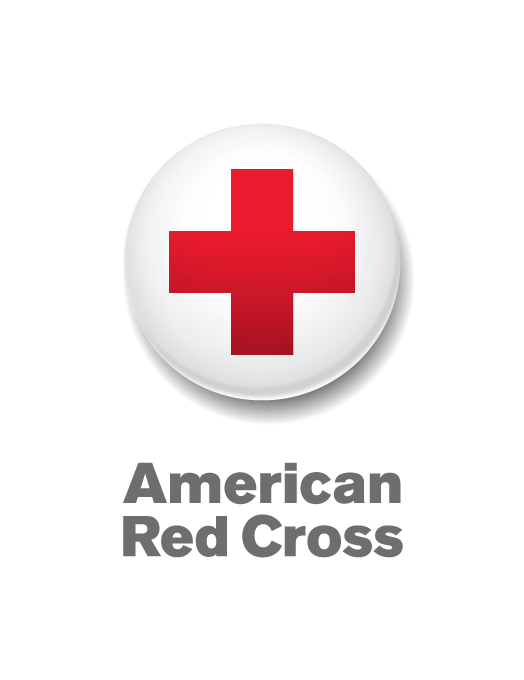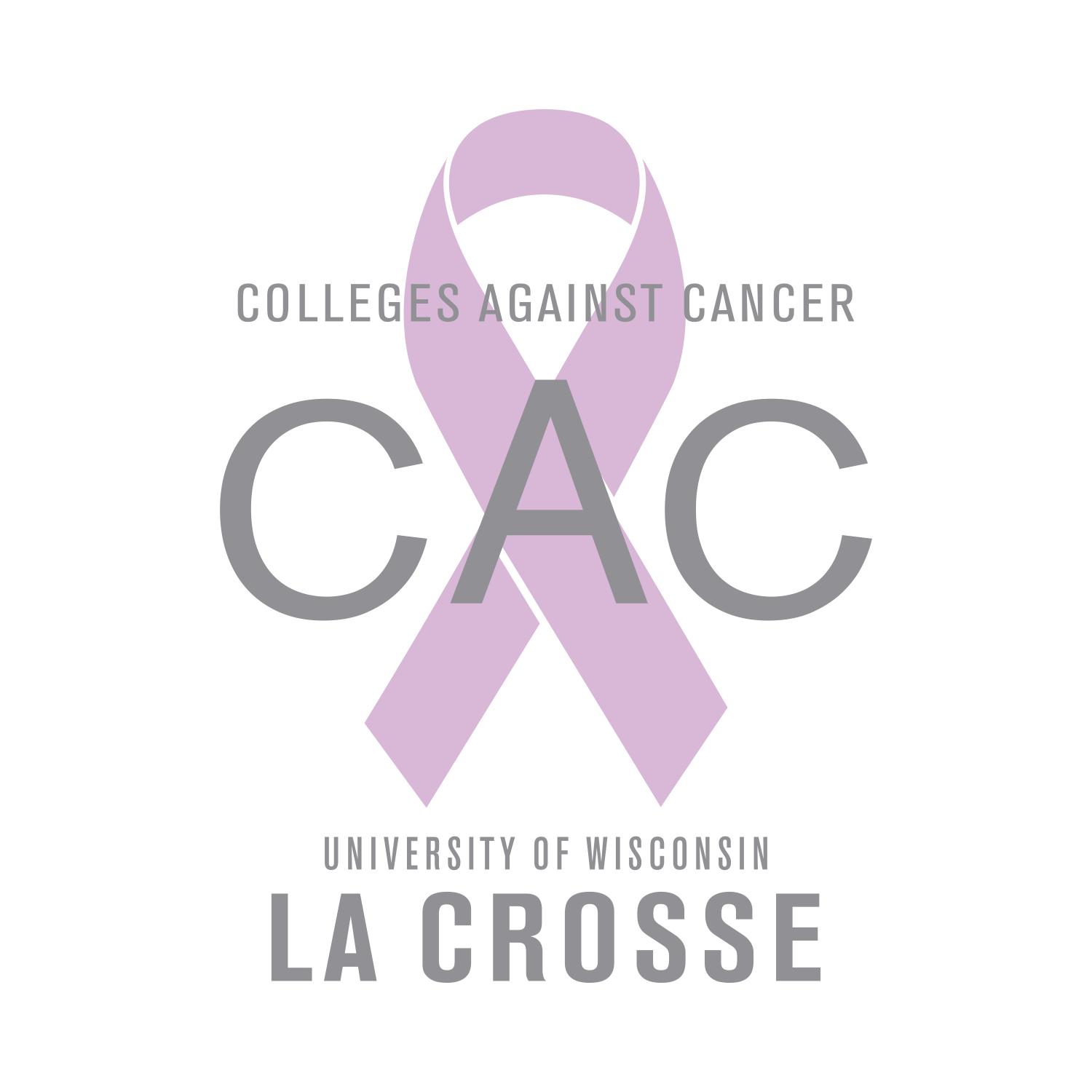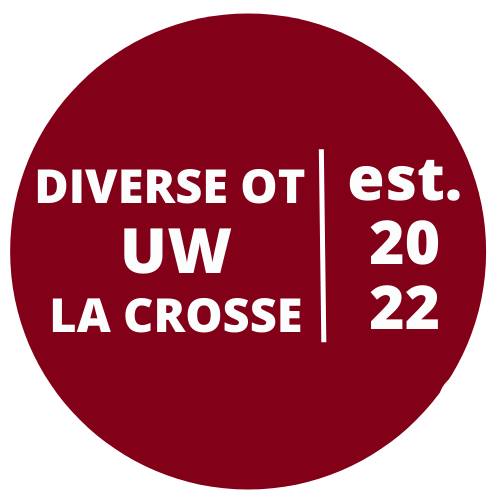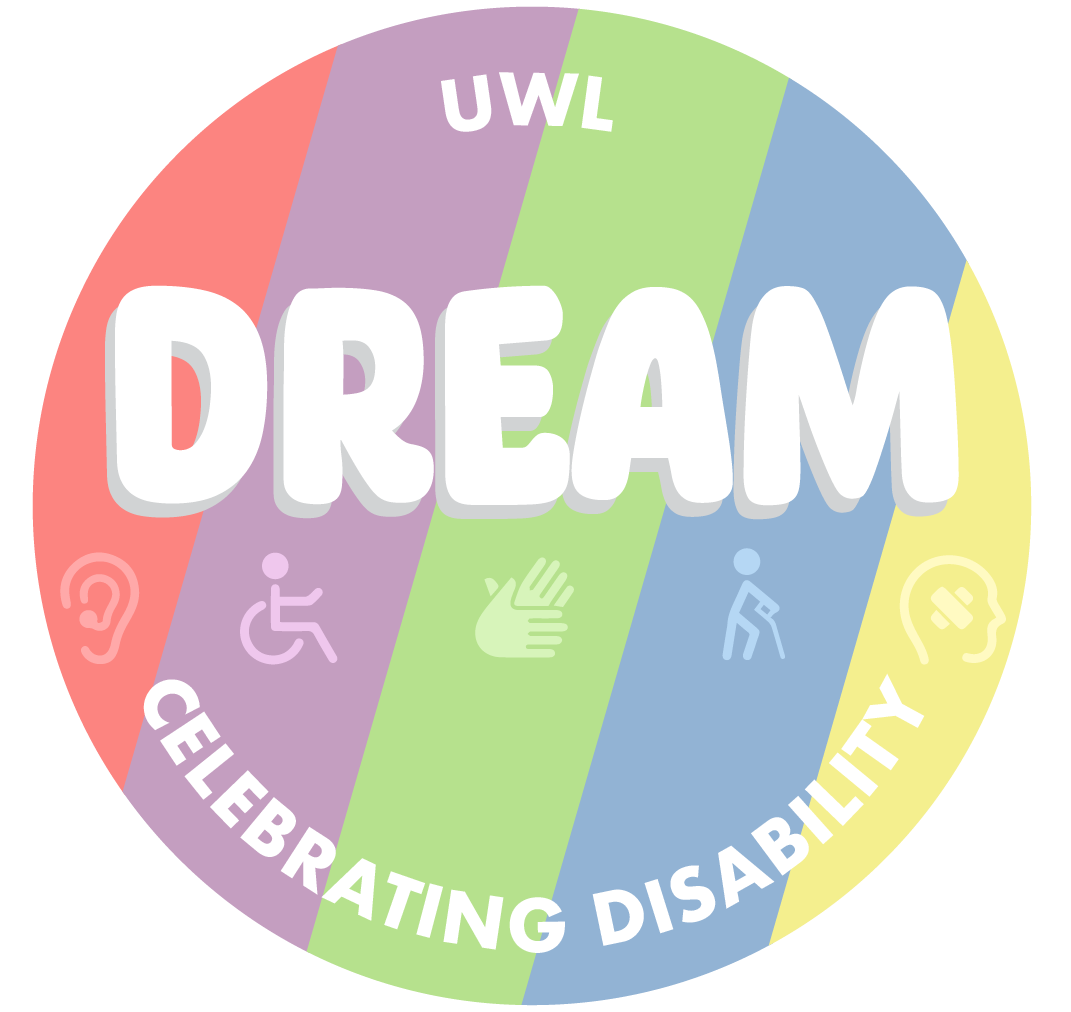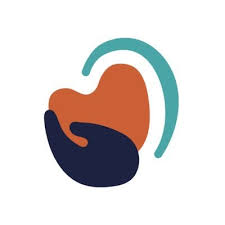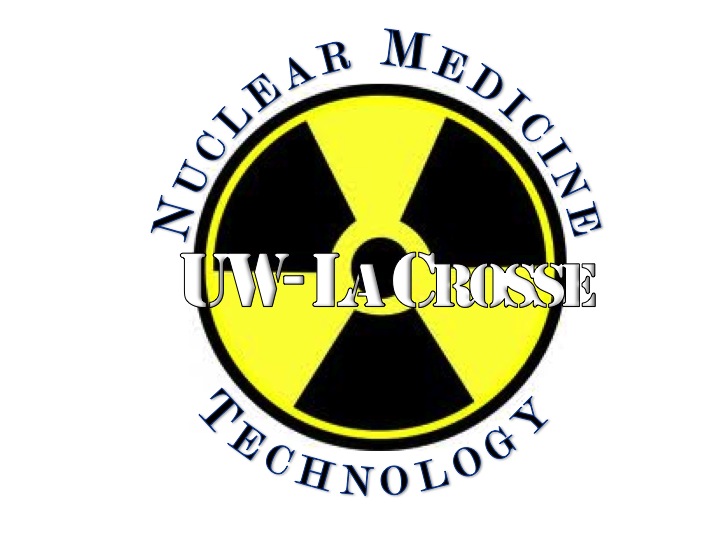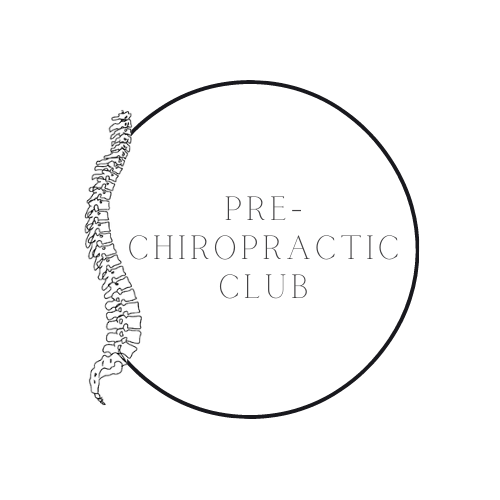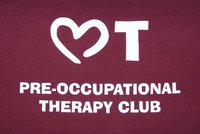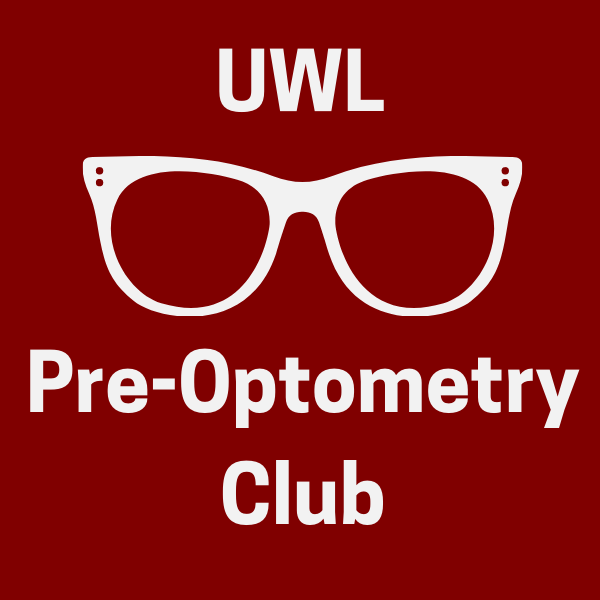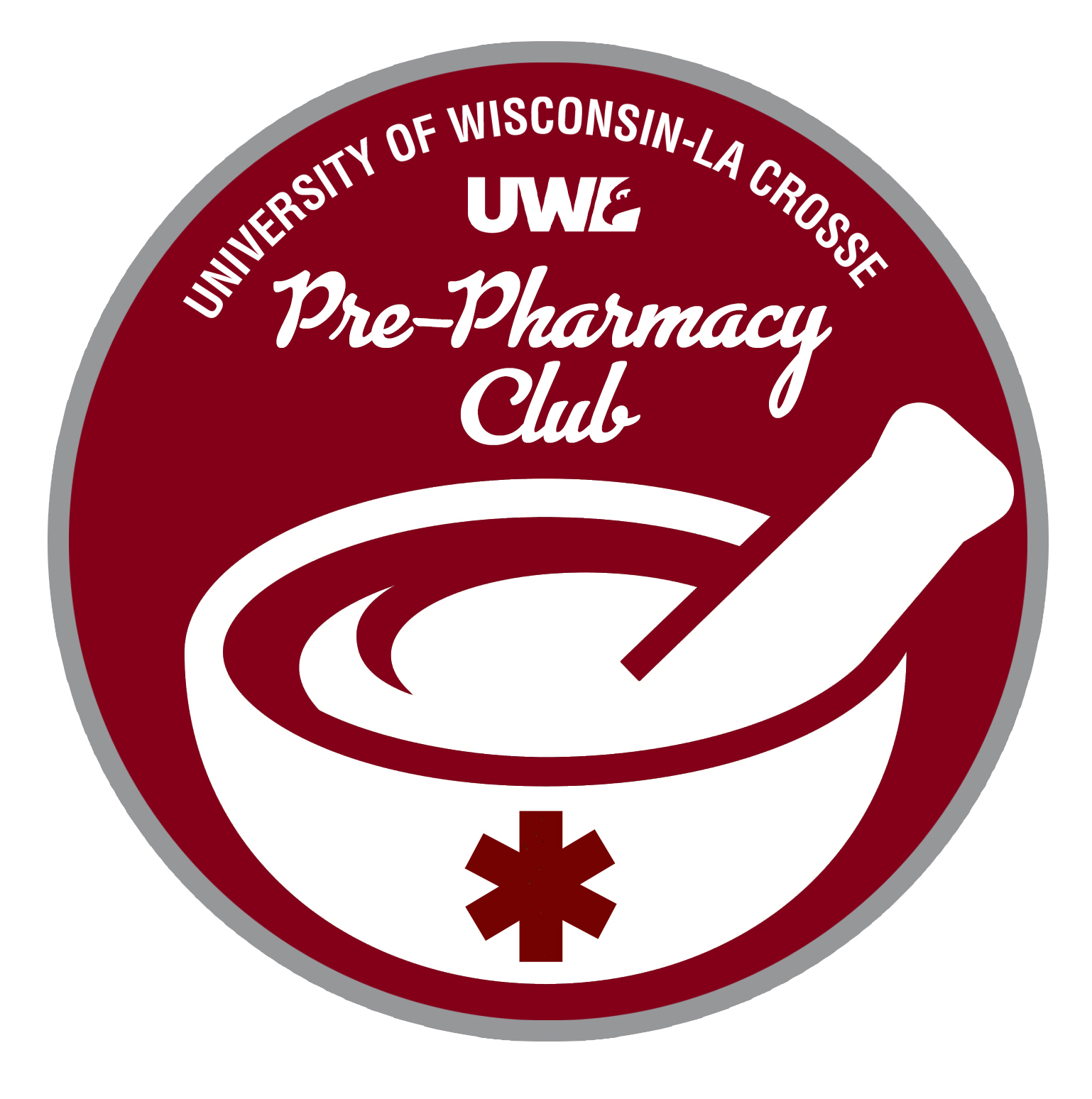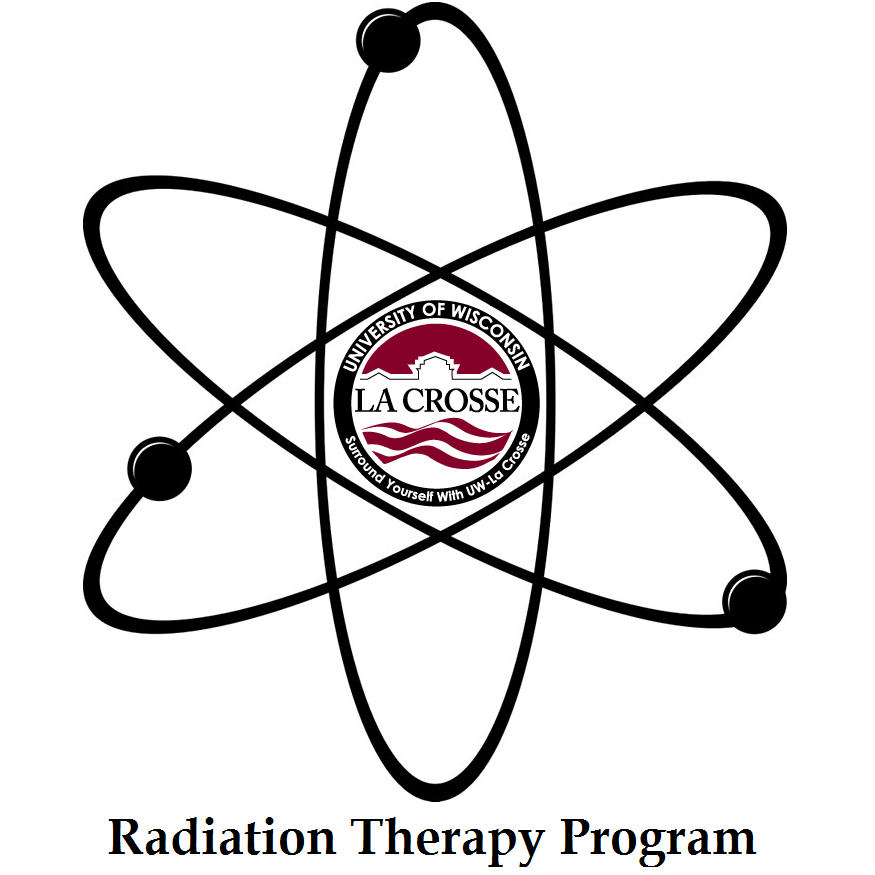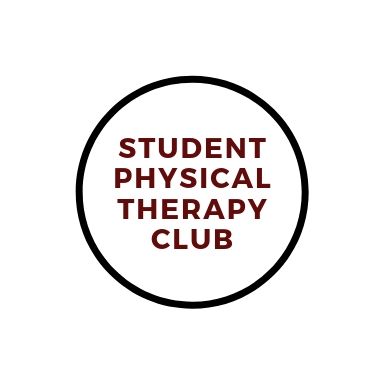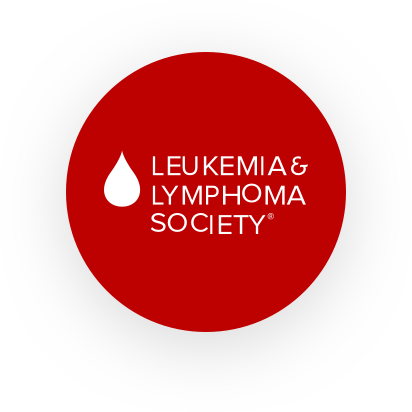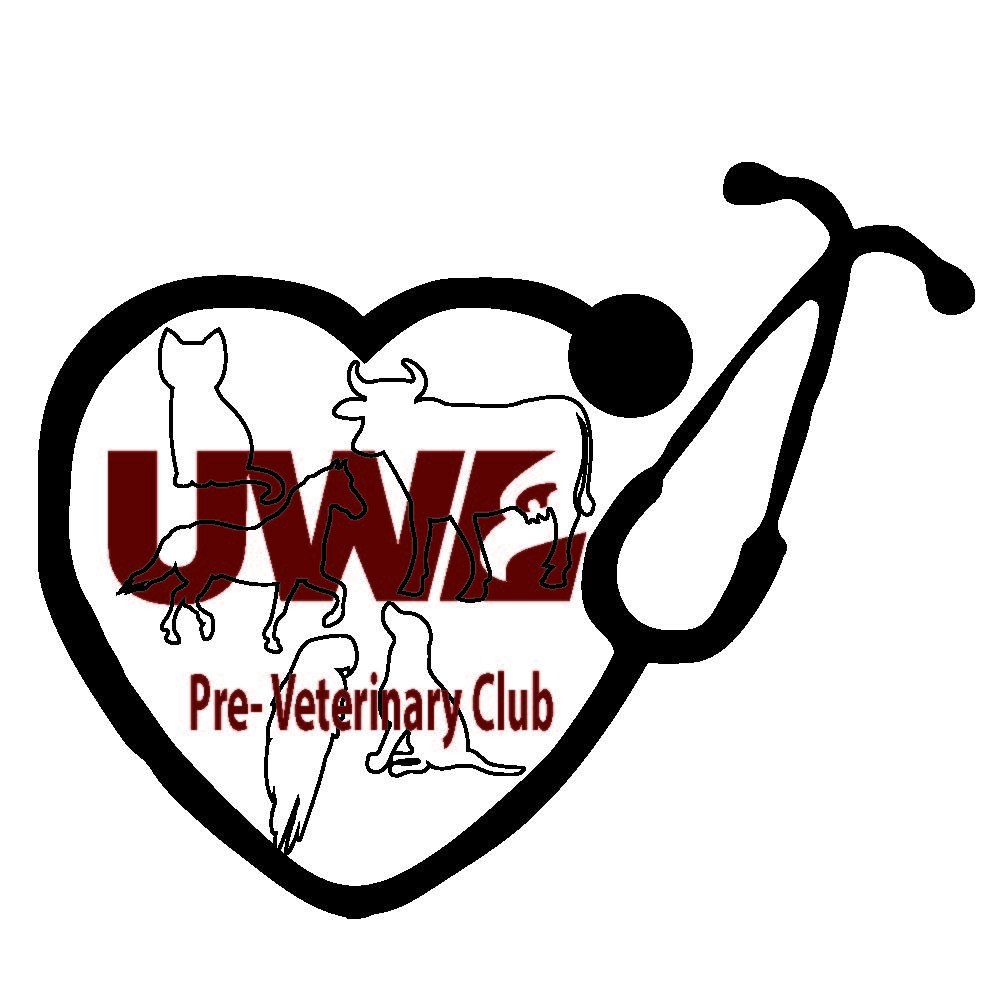Gain experience
A page within Pre-Health Student Resource Center
There isn't one experience that's right for every student. A pre-PA student might be focused on gaining patient contact, whereas a pre-med student might be more likely seek out clinical observations. Either student might be passionate about a long-term community service commitment. Still other students will conduct research that might not even be related to their chosen field. There are some fields that require certain "hours", but beyond that, your experience should be your own choice! Listed below are some ideas to get you thinking.
You can then use our "Pre-Health Organizer", a downloadable Excel spreadsheet, to help you track your experiences (plus your prerequisite coursework and program comparisons).
Healthcare experience overview
Admissions committees are looking for well-rounded candidates, so be sure to browse each tab to learn about ways to complement your healthcare experience.
Healthcare experience exposes you to patients and the healthcare professionals caring for them. This includes unpaid experiences like shadowing or hospital volunteering, or paid work as a scribe, medical assistant, or CNA. If it takes place in a medical or clinical setting, it could be considered healthcare experience. Since
Some professional tracks (such as Pre-PA) require “patient care experience”, which means you are responsible for providing one on one, hands-on healthcare services to patients, paid or unpaid. Examples may include, but are not limited to: drawing blood, personal hygiene (bathing, dressing, toileting), taking patient vitals, passing medications, providing physical support for patients during daily activities like walking, standing, or exercising, changing bandages and dressings, performing an EKG, and more.
Direct patient care positions are available in a variety of settings (clinical, nursing home, summer camps, etc.). They may or may not require a CNA or other license and/or certifications, but many employers will train or certify on the job. Jobs in hospitals are often the most competitive, so it's important to start gaining experience where/how you can early.
Complementary academics
What is it?
The selection of majors and minors that reflect your strengths, interests, and values. Figure out the classes that make you want to study and be engaged. GPA will be key! Plus, having a unique major and/or minor can make you an intriguing candidate for graduate schools and a more well-rounded professional.
What will I gain?
Better GPA, stronger essays, and more lively interviews are likely outcomes. You might also discover a hidden passion that takes your career in an unexpected (but positive) direction!
How do I do it?
Browse the major and minor programs at UWL. Meet with an academic or career advisor in the AACCS Office.
Job shadow
What is it?
In-person observation of someone in a specific healthcare job or department. Ranges from a few hours to a full day.
What will I gain?
Find out whether a career path is right for you and learn more about how healthcare settings operate. A chance to build your network.
How do I do it?
- Contact family, friends, staff, and faculty - these are your network connections - to let them know you are hoping to observe in a healthcare setting.
- Have family put out a call on social media and brainstorm people they know that work in healthcare.
- Use the tools on Handshake and Linkedin to search students and alumni, and expand your network that way.
- Fill out the shadowing request forms on local health system websites (Emplify and Mayo Clinic La Crosse). Be prepared to wait for a response.
- Consider shadowing in a rural clinic or a VA hospital - they get far fewer requests compared with major hospitals near universities.
- AHEC lists possible opportunities on their website here.
- Once you get an opportunity to shadow, learn how to go about it here.
Part- or full-time job
What is it?
Paid work experience in a variety of healthcare settings (clinical, nursing home, summer camps, etc.) or in another area of interest.
What will I gain?
Earn money and increase responsibility. Gain skills such as patience, grace under pressure, and teamwork. Some health professions programs require (or strongly encourage) basic patient care experience as a prerequisite, so consider positions that provide you with related experience.
How do I do it?
See Handshake’s job listings. Attend UWL’s part-time job fair, full-time career fair, and/or the many events offered through the PHSRC. Network online using Handshake's Student section and Linkedin's Alumni Search. Find a job search engine that you like, such as Indeed.
Some common healthcare positions students hold prior to getting into graduate or medical school:
- *Certified Nursing Assistant/Aide (CNA)
- *Emergency Medical Technician (EMT) and *Paramedic
- *Medical Assistant (MA)
- *Emergency Room Technician
- *Military Corpsmen/Medic
- *Patient Care Technician/Aide/Assistant
- *Medical Technologist
- Phlebotomist
- Physical Therapy Aide
- Home Health Aide w/ health care responsibilities
- Direct Support Professional/Aide
- Rehab Aide
- Medical Scribe
- Aide in Dialysis Unit
- Radiology Assistant/Aide
- Optometry Assistant
- Chiropractic Assistant
If you are planning to get a CNA certification in La Crosse, consider WisCaregivers, Quality CNA Training, and Western Technical College.
Undergraduate research
What is it?
Conduct research independently or as part of a team. Develop your own research or work on a faculty research project; potentially present and/or publish your work.
What will I gain?
It does depend on the faculty you work with and/or the project. Expect to develop scientific communication skills through writing, presenting, and collaborating. Enhance critical thinking and decision-making skills. Learn to collaborate with faculty, students, and off-campus professionals.
How do I do it?
Visit Undergraduate Research and Creativity website and talk with faculty about their research and opportunities for you to get involved.
Student organizations
What is it?
Clubs related to your career interests, or that support causes you are passionate about.
What will I gain?
Build leadership and teamwork skills. Take on a leadership role, serve on a committee, or organize events. Learn about the field and application processes from other students and guest speakers.
How do I do it?
Visit MyOrgs for more information on over 200 student organizations. Attend Involvement Fest (Fall) and/or Winvolvement Fest (Spring).
Volunteer & community involvement
What is it?
Volunteer your time and talents independently, as part of a class, or as part of your involvement with an organization. Can take place locally or as part of a trip.
What will I gain?
Develop empathy and a better understanding of the social determinants of health. Gain transferrable skills, including interpersonal and organizational skills.
How do I do it?
Visit the COVE in the Student Union for volunteer opportunities and check out Ugetconnected.
Some common areas in clinical settings where students might volunteer:
- Transport Services
- Hospice
- Blood donation/infusion
- Emergency room
- Pediatrics
- Chemotherapy/Oncology
- Radiation Therapy/Oncology
- Nuclear Medicine
- Outpatient dialysis
- Surgical messenger
- Patient Advocate
- Environmental Services
Consider volunteering in high needs locations - nursing homes, free clinics, soup kitchens, warming shelters, and more.
International experience
What is it?
Take courses or volunteer your time to assist and/or shadow healthcare providers in another country—sometimes called “Medical Mission Trips” or "Shadowing Abroad".
What will I gain?
Expand your worldview, adapt to a new culture, and increase your independence. Be careful to consider the ethics of providing medical care abroad.
How do I do it?
Visit the office of International Education and Engagement (IIE) to discuss available programs. Talk with student orgs about completing a volunteer trip. Attend related IIE/PHSRC events to learn about how to prepare.
Internship
What is it?
Short-term, hands-on learning experience. May count as academic credit; may be paid or unpaid. In healthcare, often tied to a degree program. See also “fellowships”, which can be found at Gundersen, Mayo, MCW, etc.
What will I gain?
Learn about and test-drive specialty areas. Learn about professionalism in healthcare. Gain valuable contacts in the field.
How do I do it?
Not particularly common for pre-health students. Attend an Internship Information Session. Search for internships in Handshake.
Overall advice
How should I spend my time?
When applying to a health professions program, one of the most important aspects of your application (aside from GPA/test scores) is your experience. For each profession, different experiences might be more relevant. PA schools are likely to look for direct patient contact (CNA, EMT, phlebotomist, etc.); med schools might prioritize time spent in clinical settings (shadowing, volunteer in a free clinic, patient care technician positions); dental schools might prefer leadership experiences (academic club president, long-term volunteer commitments, athletics).
However, many experiences can be valuable across multiple professions. PAs need leadership too, and there is an increasing amount of focus on doctors' understanding diversity and sociology in medicine. All health professions schools value passion and commitment to something outside of class - this could be a research project, a small business, a series of art exhibitions, or anything else that makes you unique.
Maturity, professionalism, and self-awareness are also key; you can develop these characteristics through continual involvement, your interactions with others, and events designed to increase your understanding of the world and your place in it.
Do not fall into common pre-health traps:
- "I only attend events for pre-health students". There are many events on campus to help you explore, network, find jobs, and be successful in your application processes. The Pre-Health Center develops programs for pre-health students, but we also encourage you to attend events like Exploration Week, Involvement Fest, the Part-Time Job Fair, Awareness Through Performance, and many others.
- "I'm going to get involved in EVERYTHING". It's good to be well-rounded, but committee members prefer to see depth of involvement, rather than a list of one time or short-term activities; plus, your GPA can suffer if you overextend yourself. You can add experience even after you graduate, but your GPA is much harder to fix. So, go ahead and try new things, but think about what the commitment will be, and don't be afraid to move on when it's clear there is a better use of your time.
- "There is only one type of experience and major that fits my profession". Having a unique background is a positive for most committee members. Know the basics of what your chosen professional school expects (GPA, coursework, experience expected), then branch out to what interests you.
- "I can keep all my commitments and upcoming events in my head". If you haven't already, start using your calendar. If you're doing it right, all of your hours should be filled with something - even if some time-blocks are routine (study time, mental break with friends, intramurals, etc.)



